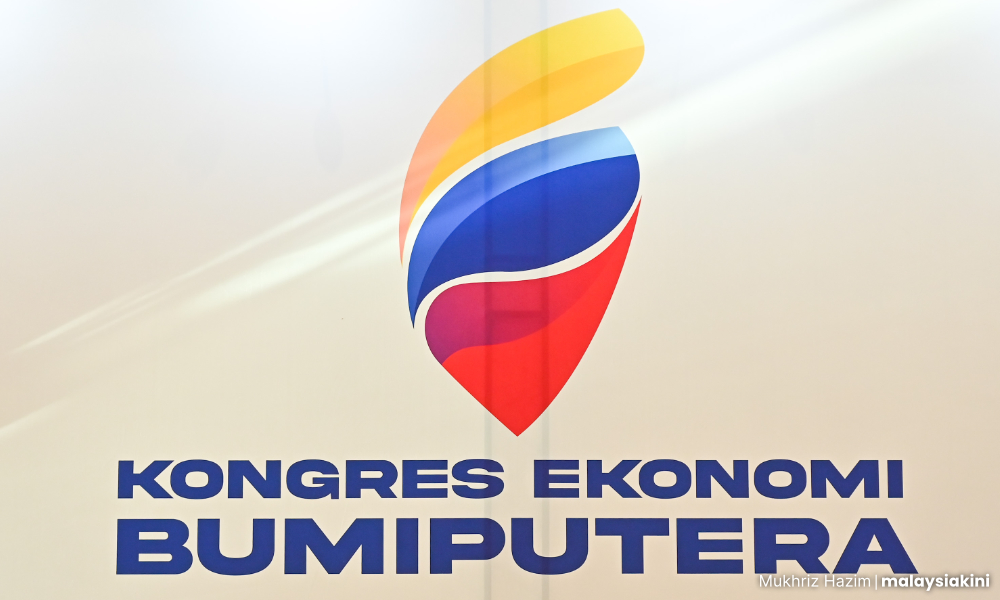Doesn’t it fill you with despair when a Merdeka Center survey of young Malaysians showed that 73 percent of Malay respondents wanted to retain special rights for bumiputera folk?
While the parents and grandparents of those who took part in the survey may have fought for equal treatment and multiculturalism, their grandchildren and children were only thinking of themselves. What happened to nation-building? How does one alter their mindset?
That is why the Merdeka Center survey reads like a tragedy when some Malay respondents unknowingly admitted their inferiority, when one student said, “I wouldn’t be where I am today without bumiputera rights.”
After the race riots of 1969, the New Economic Policy (NEP) was tabled in Parliament on July 12, 1971 and became part of the Second Malaysia Plan. Its shelf life was 20 years and its main purpose was to reduce overall poverty rates and to restructure societal imbalances.
In 1970, around half of the nation’s population lived in poverty, with the Malays being the poorest among the major ethnic groups - 65 percent of them living in poverty.
At the end of this formal period of the NEP (1990), only around 15 percent of the population was impoverished, while just a fifth of the bumiputera was poverty-stricken. There was also a substantial rise in the Malay middle class, from 12.7 percent in 1970 to 27 percent in 1990.

In 1990, politicians discovered another use for the NEP, so they retained it to manipulate the masses and wield power. From then on, the NEP morphed into modified versions of the original NEP but they were nevertheless, affirmative action policies which benefited only one race.
‘Equivalent to citizen’s rights’
Clearly, education has failed some of the young Malays who took part in the survey. Education, religious indoctrination and political propaganda have failed to instil in Malays a sense of security, self-respect and pride.
As most of the Merdeka Center respondents were in their 20s, it would be fair to say that for the entirety of their lives, these young adults had been weaned on a diet of special rights and privileges. To rubber-stamp these NEP-like policies, politicians from race and religion-based parties would scare the young, and old, with their “protecting Malay rights and defending Islam” rhetoric.
Other responses to the Merdeka survey were depressing to read, like the remark, “...special privileges for the Malay community are equivalent to “citizen’s rights”, and should be kept...”

There was also a mixture of arrogance and entitlement with one respondent saying, “Malay rights should not be abolished because Malays have been here from the start.” Start of what?
The survey also highlighted their ignorance. The remark, “Malaysia was called Tanah Melayu, and the Chinese and Indians came here from China and India only a few years before independence.” From where did she learn her history? I am aware of many ninth-generation Chinese.
Rich Malay, poor Malay
The NEP unleashed a huge sense of entitlement among the Malays. They also feared change because of the potential loss of their benefits. They lord it over the other races and they weaken racial harmony. A huge wealth gap exists between the poor and wealthy Malays.
This was probably what prompted the response from one young Malay in the Merdeka Centre survey who said, “It’s easy for the successful and rich Malays to say that we can abolish (bumiputera rights). They forget about the rest of us who are poor.”
The poorer Malay is probably resentful of the elite Malays. Overall, the NEP causes division not just between the non-Malays and Malays, but creates rifts between poorer Malays and their richer cousins.
For reasons of their own, the non-Malays and poorer Malays are reluctant to make their voices heard, and their feelings known. Why rock the boat? Why bite the hand that feeds them?
Successive prime ministers have hinted that the NEP may be nixed one day, but always affirm that now is not the right time to do away with it. When is the right time? Will the NEP become a lifelong policy?
The NEP also appears to reward incompetence. Eager to push many Malays into higher education, some standards were allowed to drop or lowered to accommodate the less academic Malay students.
Then at the other end of the scale, many Malay children also drop out of school sometimes with their parents’ permission. Is this how Mat Rempits came into being?

Some parents forget that it is they who should discipline their children and set boundaries for them, and not their teachers. Schools are there to teach the children to read, write and learn facts. Schools are not surrogate parents.
The poor Malay depends on government handouts and with neither education nor skills, he knows that the government will provide for him. Thus, financial aid like BR1M does significant damage in the long run, to the people it is supposed to help. It destroys the desire to work. It destroys the need to get an education. It demolishes any attempt to save for the future. It kills aspiration.
The non-Malays have no such ready assistance from the government. They know that education is a ticket to both financial and economic freedom. They have no choice but to study or work to survive.
The Malays may not realise it, but the NEP does more harm than good, for them. - Mkini
MARIAM MOKHTAR is a defender of the truth, the admiral-general of the Green Bean Army, and the president of the Perak Liberation Organisation (PLO). Blog, X.
The views expressed here are those of the author/contributor and do not necessarily represent the views of MMKtT.





